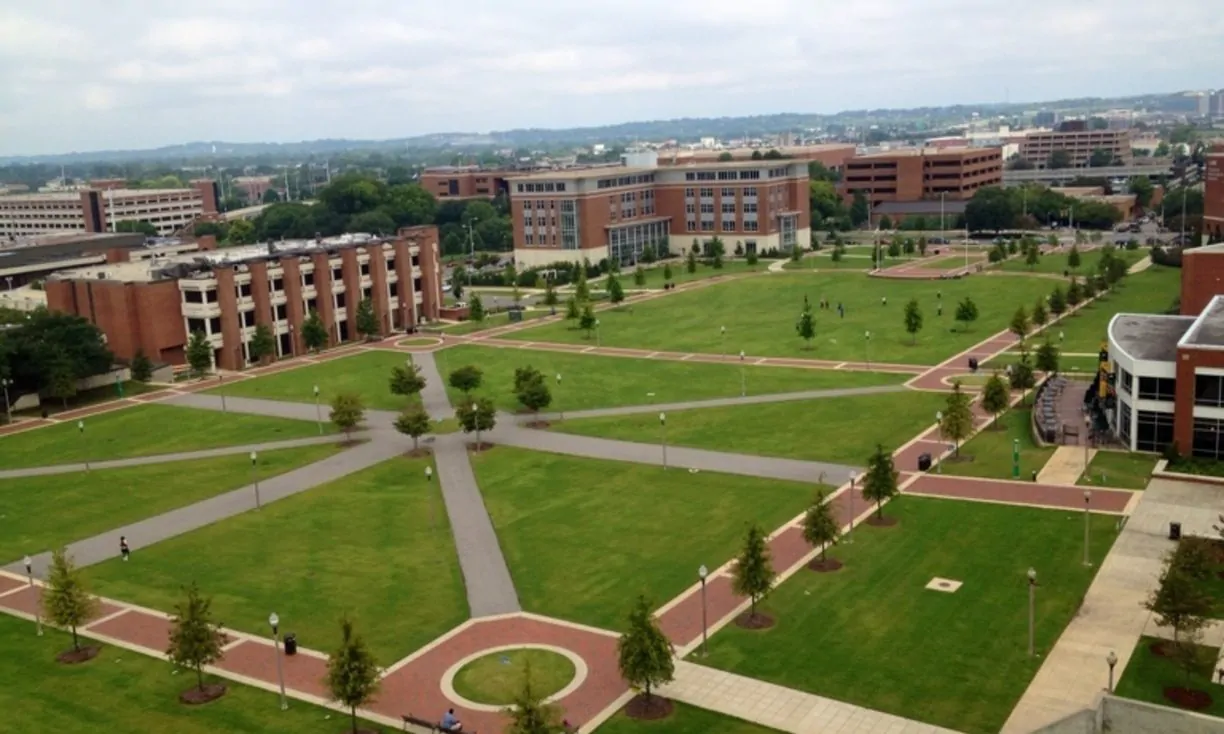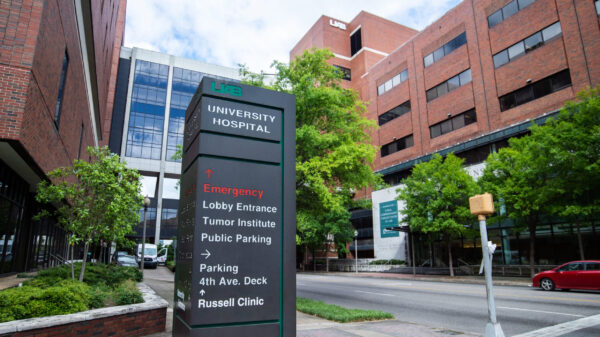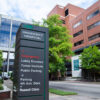The University of Alabama at Birmingham has taken a step further toward sustainability by earning a Leadership in Energy and Environmental Design certification for its newest building, University Hall.
The new College of Arts and Sciences building is the first LEED-certified building on the campus.
According to the United States Green Building Council, the LEED certification program is the leading green building rating system in the world, setting the standards for building highly efficient and cost-saving green buildings.
“This is our first LEED-certified building and shows our commitment to sustainability and the environment,” said Melody Gillezeau, project manager for sustainable project development in the Facilities Division. “We anticipate this will be the first of many sustainable buildings. We have several projects in the planning phases and two current construction projects in the works that are seeking LEED certification.”
This building certification is the first step in UAB Sustainability’s strategic plan, which aims to build and maintain more sustainable buildings on campus.
The University Hall building is energy efficient, utilizing natural daylight with strategically placed windows and daylight sensors that, when activated, turn off the buildings LED lighting.
“The overall design of the building reduces energy costs by maximizing daylight in collaborative spaces and economizing on the energy used within the building,” Gillezeau said.
The building also utilizes light-colored roofing to reduce the urban heat island effect, saving energy by naturally keeping the building at a cooler temperature.
When constructing the building, UAB also chose to focus on water conservancy.
“UAB is turning 50 this year and, given our urban setting, sustainable management of water will continue to be of particular importance, both within the building and on other sites as well,” Gillezeau said.
The building has high-efficiency drip irrigation and drought-tolerant plan varieties to cut irrigation demand in half.
It also has low-flow water fixtures, flow-restrictors and aerators to reduce indoor water use by 35 percent.
The building was also created using recycled materials.
“Through close collaboration with the general contractor, MJ Harris, University Hall recycled and reused 67 percent of all construction waste generated on the site, diverting it from Birmingham’s landfills,” Gillezeau said.






















































